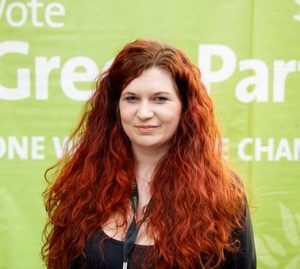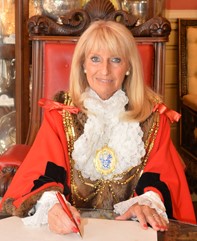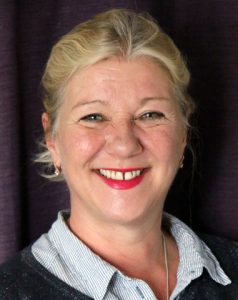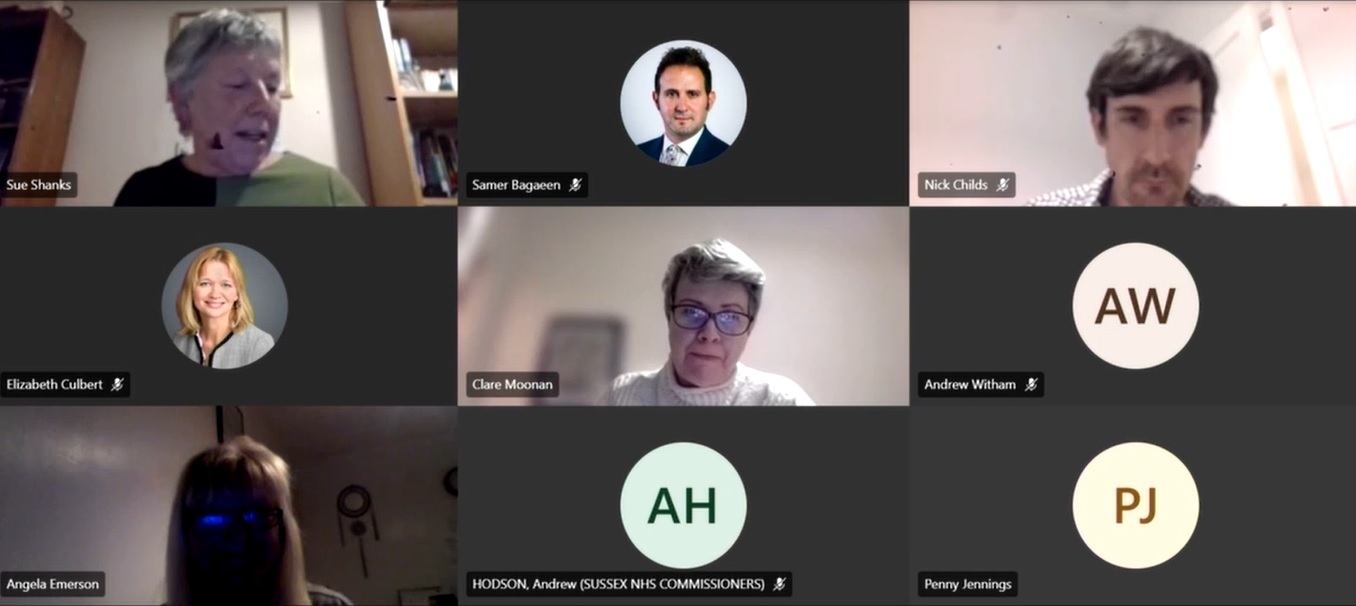Councillors are preparing to return to the town hall for meetings, with the imminent expiry of emergency rules aimed at preventing the spread of the coronavirus.
For just over a year, members of Brighton and Hove City Council have been holding all their key meetings online.
And while they may have saved travel time between home and the council chamber, the technology and virtual meeting protocols have eroded some of those gains.
Many of the 54 councillors in Brighton and Hove seem keen to bring an end to taking part in debates from their home office, kitchen table or even their bedroom.
They miss the lack of spontaneous debate and face-to-face contact and the inability to see the nuances of body language and sense the mood in a room.
But there are mixed feelings too, not least because at least a dozen councillors are not yet eligible for their covid jab.
A legal challenge is under way, with organisations which represent council officials asking the High Court for a declaration that meetings can continue to be held virtually.
Councillor Phélim Mac Cafferty, the Green leader of Brighton and Hove City Council, backs the challenge by Lawyers in Local Government and the Association of Democratic Services Officers.
In an article for Green World, Councillor Mac Cafferty was concerned that the government had assumed that most councillors were older people who had already been vaccinated.
But most of Brighton and Hove’s 54 councillors are under 60 – and four are under 30.
Councillor Mac Cafferty also had the impression that the government assumed that many council meetings would involve relatively few people because of the widespread “cabinet system”, with a handful of councillors making the majority of decisions.
In Brighton and Hove though, the council is run using the traditional “committee system”, with councillors from all three political parties having a vote on policy-making committees.
Despite the reservations and the challenges, Councillor Mac Cafferty is keen to see a “return to normality”.
He said: “When they are safe to do so, I want meetings in person once again, mainly because it will represent some welcome return to normality.

“For me, the atmosphere is flat through screens – and atmosphere is key to democracy and good decision-making.
“Being called into back-to-back online meetings from 8am to 7pm day after day is probably the fantasy of a programmer but it won’t make for good decision-making.”
The former Labour leader of the council Daniel Yates said that he appreciated not having to travel but missed the informal communication and face-to-face contact, adding that working from home was isolating.
Councillor Yates said: “It can seem that less important things get missed as people are generally struggling to pay as much attention.
“Overall, I think virtual or part-virtual meetings should become part of normal council life as they have elsewhere.
“Sitting on leather benches in an oak-panelled room doesn’t guarantee good decisions.”

Conservative councillor Dawn Barnett said that she disliked online meetings so much that she was avoiding some of them, such as virtual housing panel meetings.
She is looking forward to the return of housing panel meetings to St Richard’s Church hall, on the Knoll Estate, because she wanted to see people’s faces.
Councillor Barnett said: “I hated them. I cannot wait to get finished with them. I like to take a look at people. I want to see people’s faces and know they are listening to what people are talking about.”
Green councillor Hannah Clare said that online meetings made it easier to work flexibly, enabling her to combine her role as a councillor with her day job more effectively. The reduction in travel time had led to greater productivity.
Councillor Clare also felt that there was more public engagement with what the council was doing as people were now more aware of webcasts and their ability to ask questions during meetings.

But she was concerned about the impact on younger councillors like herself, adding: “It’s a shame to lose the accessibility and flexibility benefits we’ve had of virtual meetings.
“The government in part linked this to the number of councillors vaccinated which for me, as someone under 30, isn’t true.
“As a particularly young council and one that operates a committee system, we’re very different to other councils, which makes this more challenging.”
Conservative councillor Dee Simson was concerned about the extra stress put on the mayor, Labour councillor Alan Robins, by virtual meetings.

Councillor Simson, a former mayor herself, said: “I think the full council hasn’t worked. I think it’s been very clunky.
“The mayor has managed it as efficiently as possible but he is not there with support from officers by his side so it has prolonged meetings. It has hampered debate as well, as people have been limited in debate.”
Labour councillor Amanda Grimshaw said that virtual meetings were a useful way to keep business going while shielding from home but she missed mixing with people and going out in her ward.

Independent councillor Tony Janio was sceptical about the value of lockdowns in tackling the “new and quite nasty virus”.
He would like to see a return to “live” meetings again soon because virtual meetings lacked the “vibe” and opportunity to “put on a good show” – but he accepted that a balance had to be struck.
Councillor Janio said: “I am a believer in ‘free will’. I am against ‘compulsory’ attendance.
“I think that a full ‘full council’ may exert too much pressure on certain members who aren’t very welcoming of a return to normality – often for very good health reasons – and I don’t think that we can force them back into meetings.”
He hoped that a mixed format could be adopted because, he said, virtual meetings made it easier for more public engagement.

The legal action by the Association of Democratic Services Officers and Lawyers in Local Government seeks to extend the permission for virtual meetings. A hearing is scheduled for next Wednesday (21 April).
Brighton and Hove City Council said that it supported the move to continue virtual meetings because “it is not the right time” to move back to physical attendance. But the council was preparing for meetings to return to the town hall if the legal challenge failed.
The council said: “We are looking at how best to ensure social distancing, appropriate ventilation and other possible measures that would reduce the spread of infection. Our public health team is advising us on the strongest measures to take.
“Our council is more affected than other authorities because we run a committee system where individual executive member decision is not an option.
“We are currently working on the practical details of how in-person meetings might work and we will be discussing these with our councillors.
“A report with recommendations on aspects of how we might proceed is due to be considered by our Policy and Resources Committee on Thursday 13 May but most parts will be implemented by voluntary agreement.”









Poor Cllr Clare! My heart bleeds.
As for the ‘more public engagement ‘…perhaps you should listen to what the public actually said, having engaged them?
So; can we have public protests outside the Town Hall now that the hopeless councillors are back in residence?
Agreed as for Cllr Clare’s reduction in travel time, her ward is next to Hove Town Hall can’t take 5 minutes to walk, (unless she lives outside the ward).
Er, if she works, as many councillors do, her job may not be quite so close to the town hall as her home